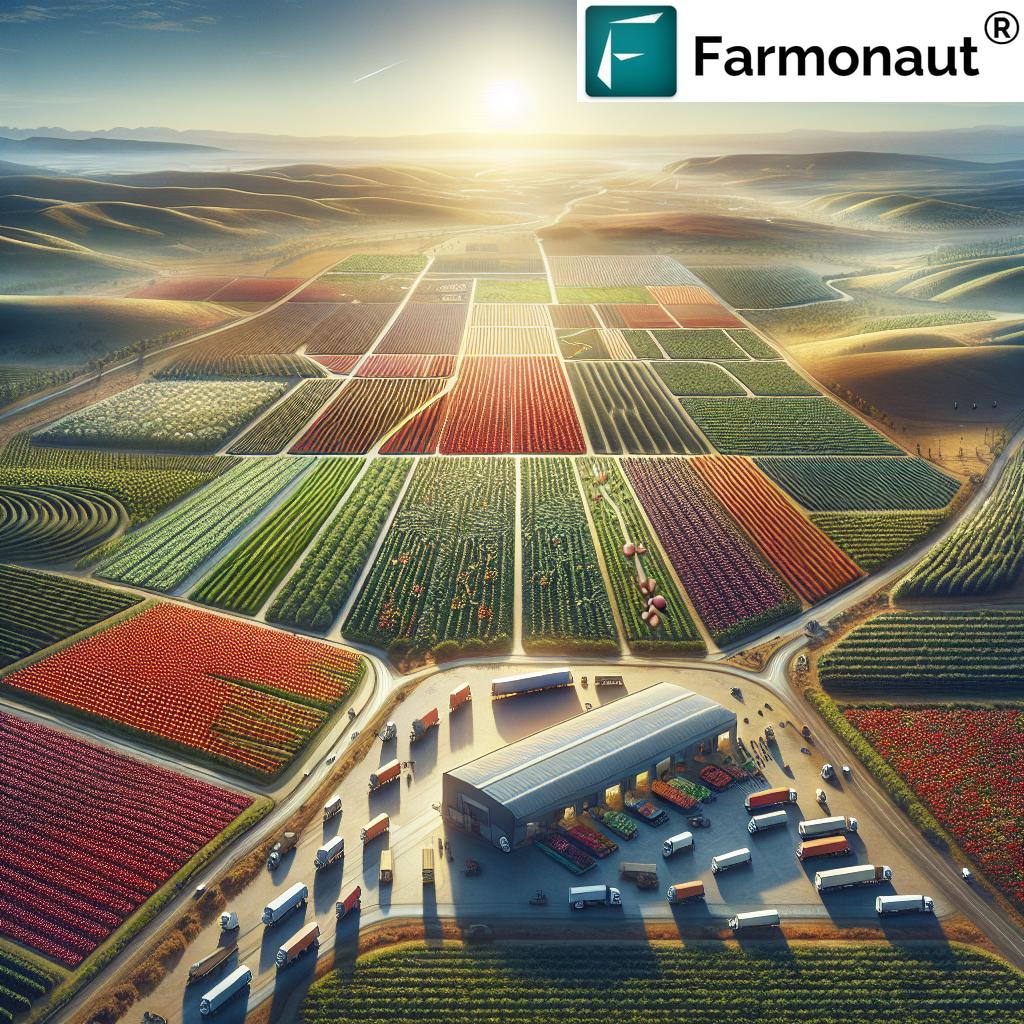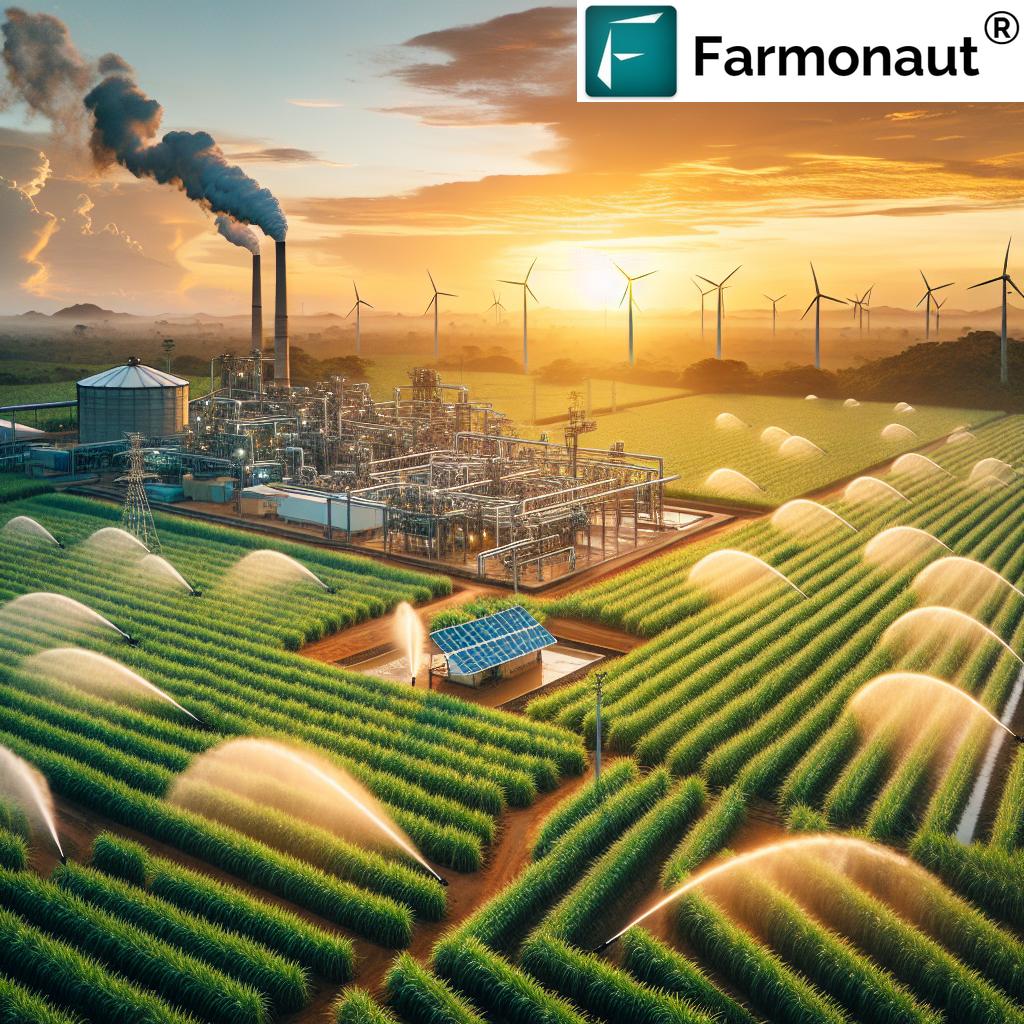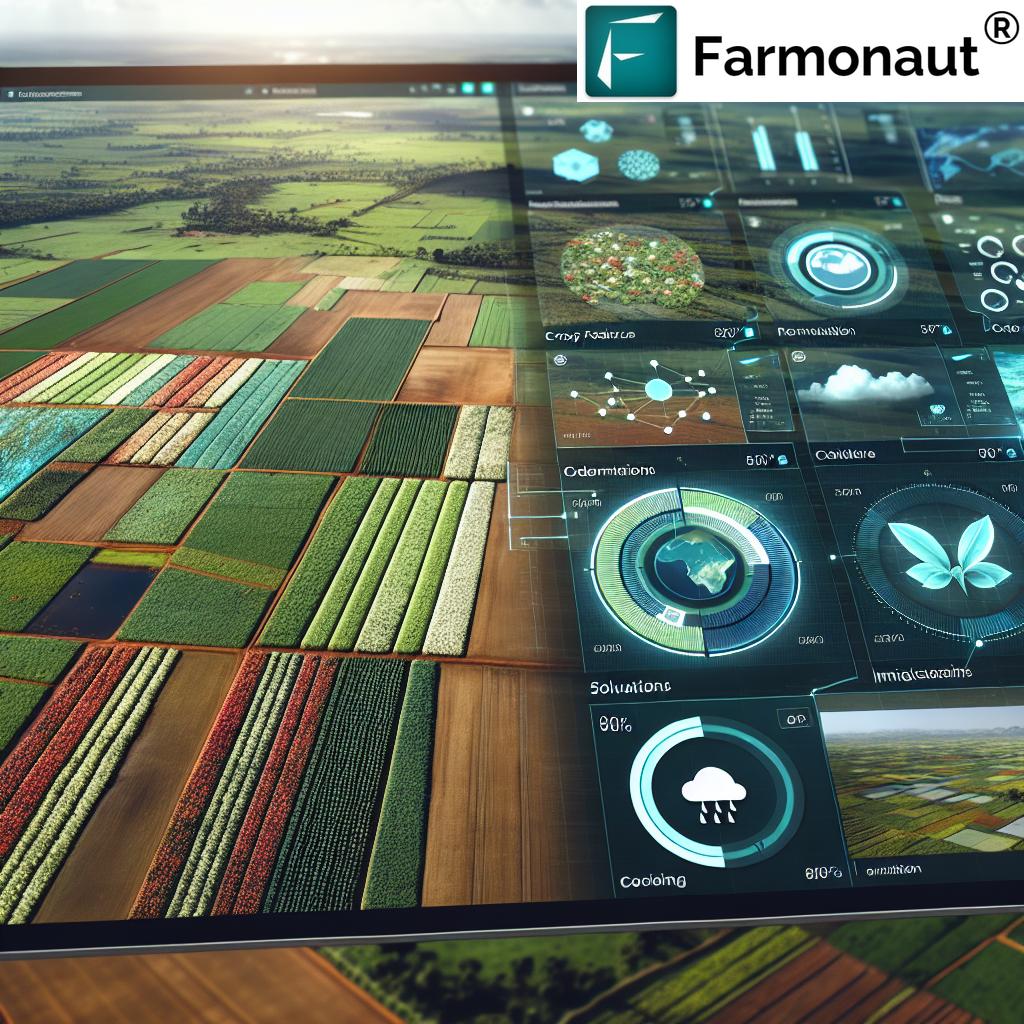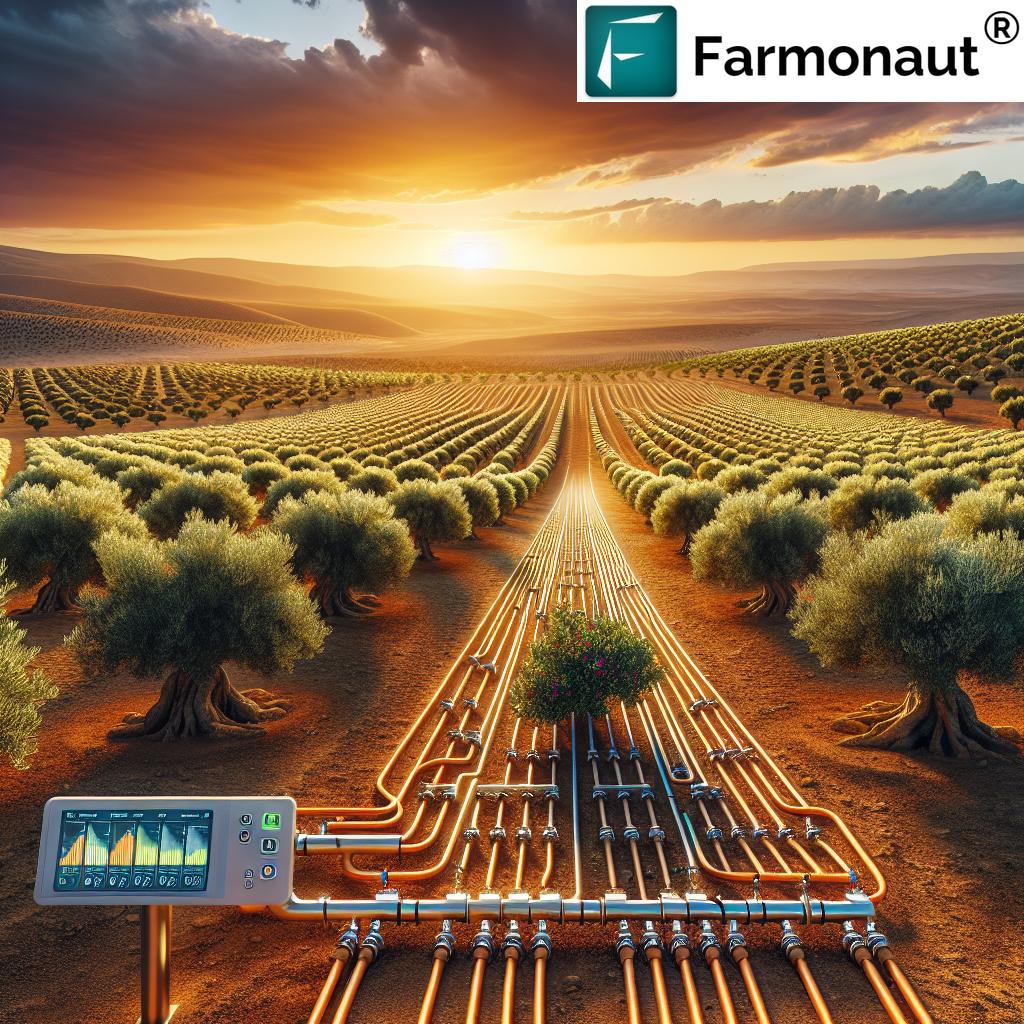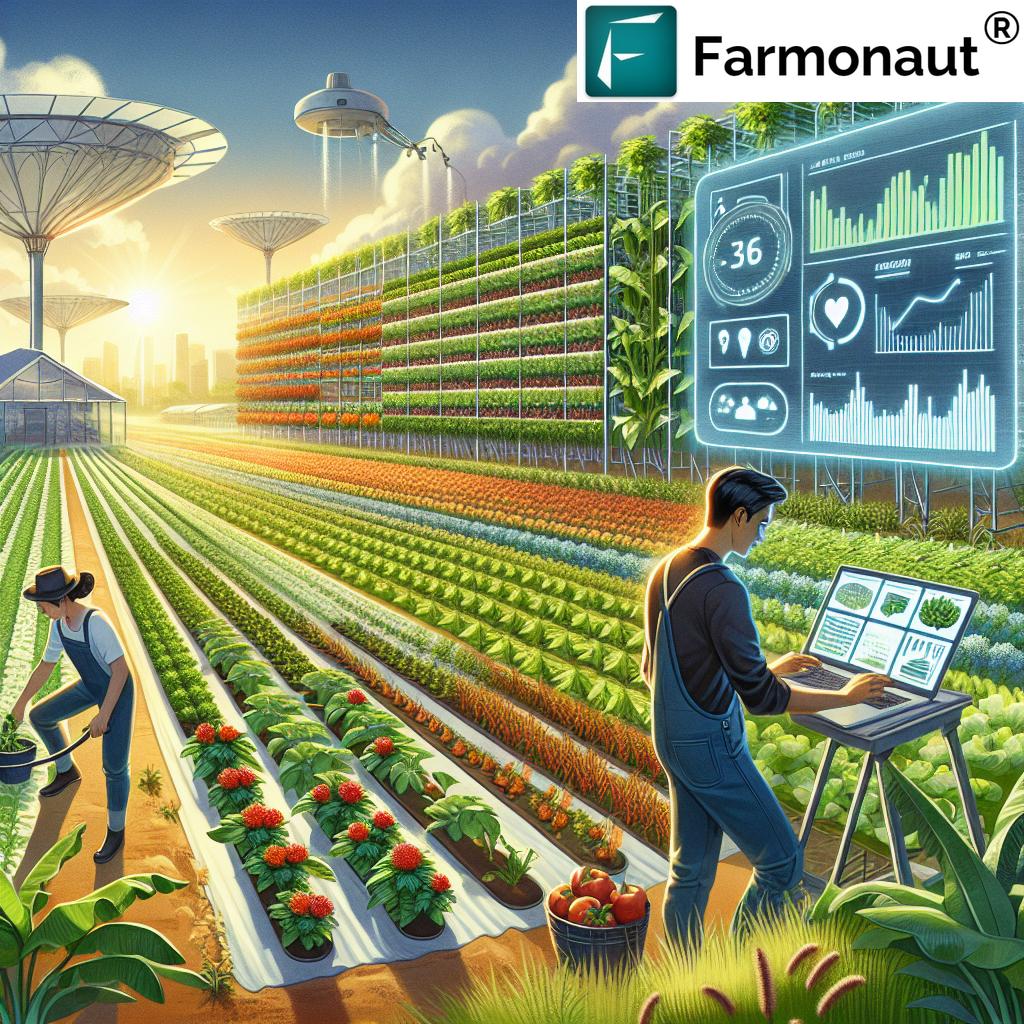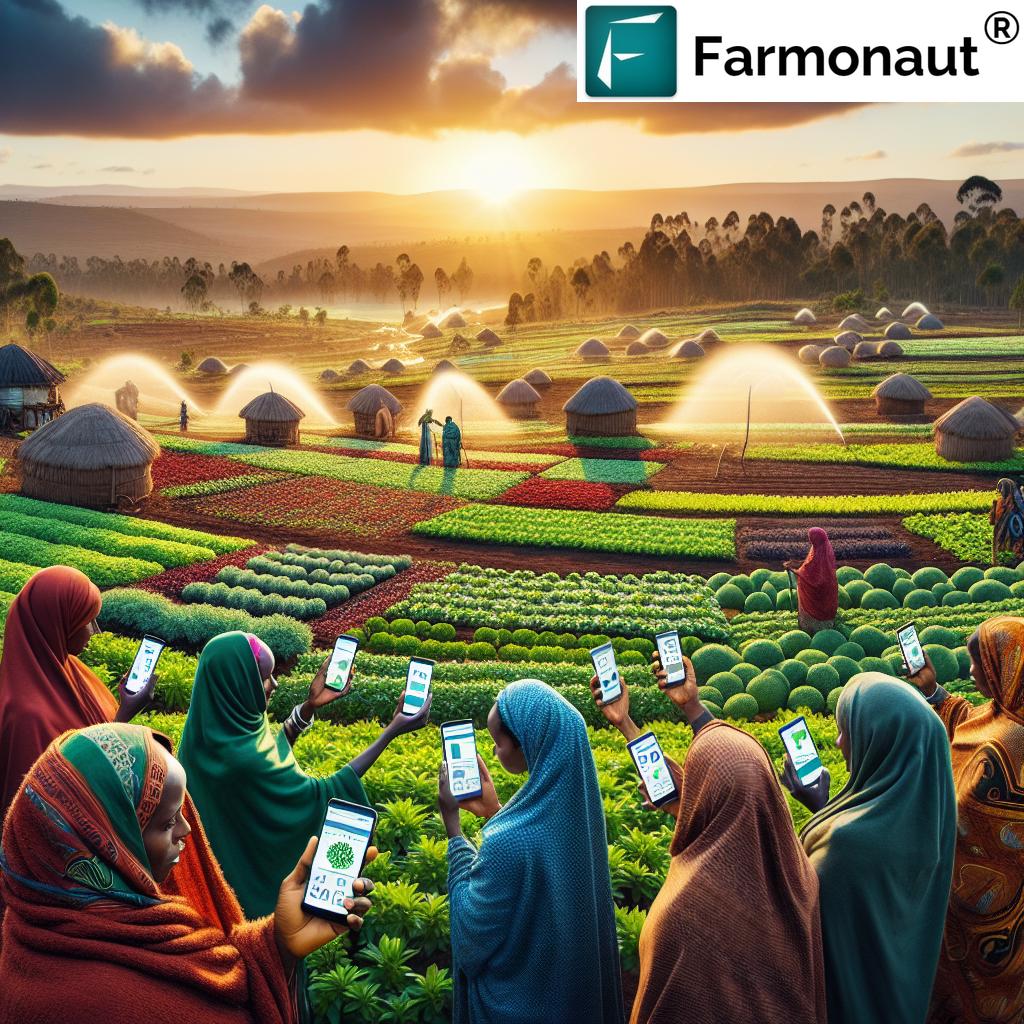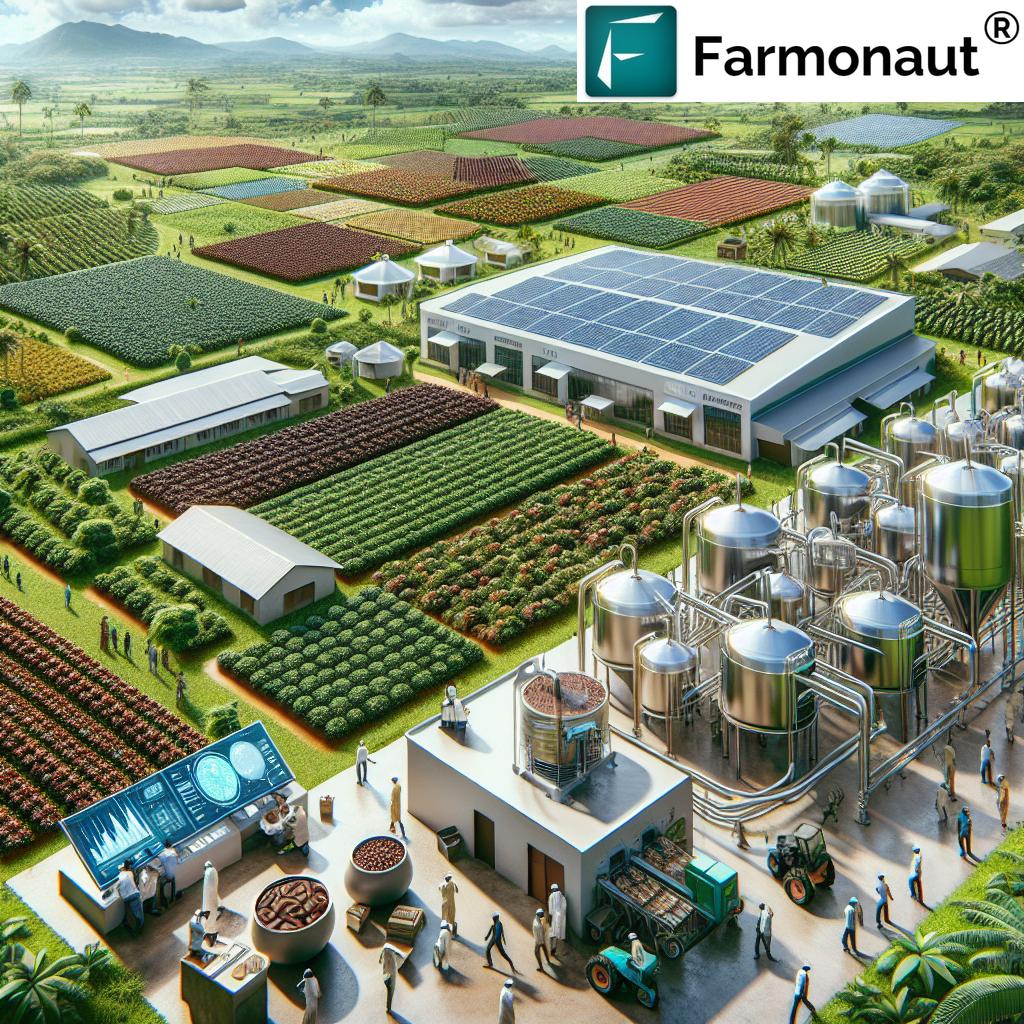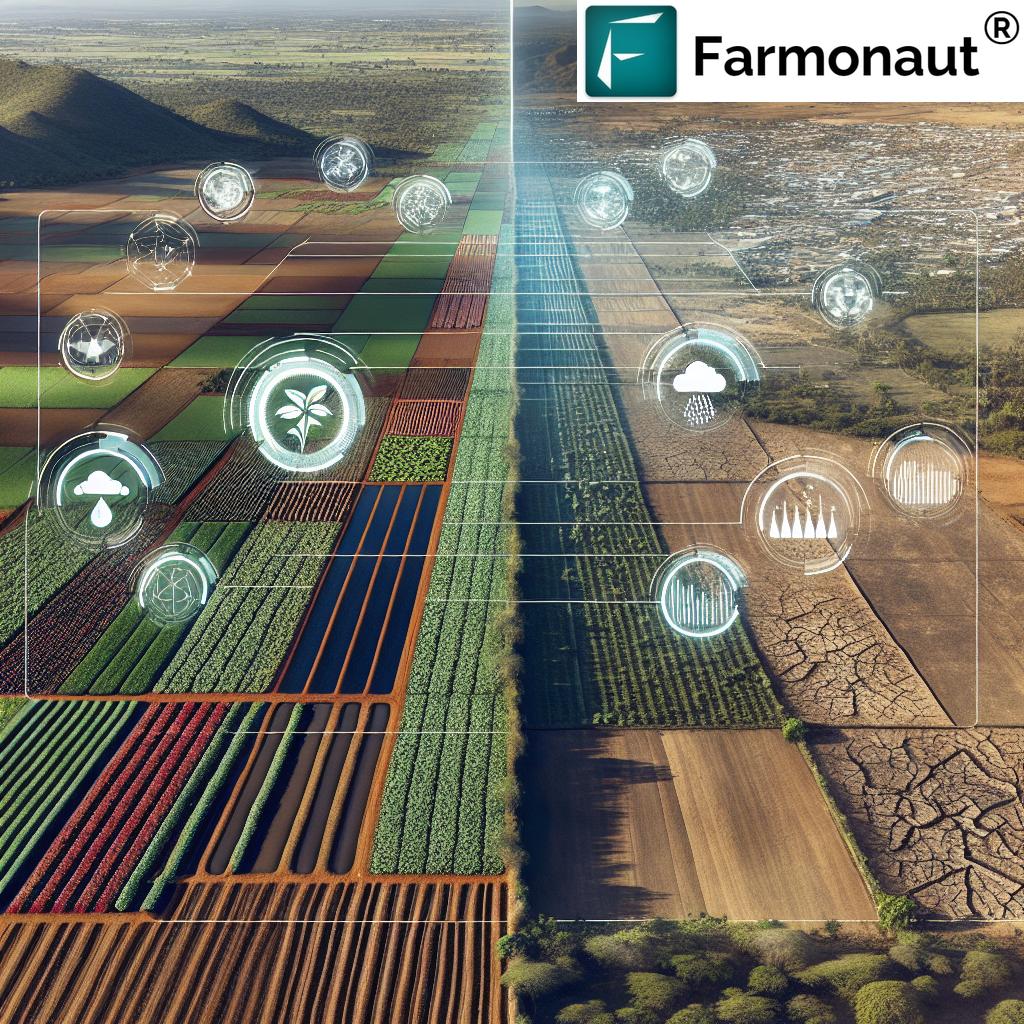Black Soldier Fly Farm: Price per Kg in South Africa 2025
Introduction: The Rise of Black Soldier Fly Farming
In recent years, the black soldier fly farm industry has emerged as a transformative and sustainable innovation in South Africa. This agricultural revolution is gaining momentum in 2025 and beyond, with black soldier fly farming addressing multiple challenges—especially in animal feed production, organic waste management, and environmental sustainability. Even as the global protein market grapples with increasing prices and supply chain uncertainties, South African farmers and industries are rapidly adopting BSF solutions to ensure feed security, reduce costs, and bolster environmental benefits.
At the core of this innovation are the larvae of the black soldier fly (Hermetia illucens), which can be raised using a wide range of organic residues—from food waste and manure to agricultural byproducts. By converting waste that would otherwise contribute to pollution into high-quality protein feed, BSF farming closes the nutrient loop in South African agriculture and substantially enhances sustainability.
What are Black Soldier Flies (Hermetia illucens)?
Black soldier flies are insects native to most temperate and tropical regions, whose larvae are rich in protein and fat. These insects have become excellent candidates for feed supplements in poultry, aquaculture, and livestock farming—especially as alternatives to traditional sources like soy and fishmeal. Their ability to be farmed using organic waste streams is what sets them apart as sustainable, circular, and environmentally-friendly solutions in South Africa.
- Hermetia illucens larvae can consume various types of organic waste, including household food scraps, agricultural residues, and even certain industrial byproducts.
- They grow rapidly, converting waste inputs into protein-rich biomass and nutrient-dense frass (larval manure) usable as organic fertilizer.
- Unlike other fly species, black soldier flies do not spread disease and are unlikely to become pests.
By tapping into the growth of BSF farming, South Africa’s agricultural sectors are opening up pathways for protein security, sustainable feed inputs, and circular waste management solutions.
Black Soldier Fly Price per Kg in South Africa 2025
Black soldier fly price per kg in South Africa for 2025 reflects a mature and competitive market positioned as a cost-effective alternative to soy, fishmeal, and traditional animal protein sources.
- As of 2025, the black soldier fly price per kg in South Africa generally ranges between ZAR 35 to ZAR 50 per kilogram. This range is influenced by various factors:
- Larval quality: protein content, moisture levels
- Processing methods: live vs. dried, processed meal
- Volume purchased: bulk purchases are usually more cost-effective
- Regional supply & infrastructure: proximity to organic waste resources and buyers
This price reflects a sustainable feed input amid increasing global soy prices and supply chain uncertainties. BSF larvae are highly competitive compared to imported protein sources, and local production advantages further reduce transportation and logistics costs for South African farmers, animal feed sectors, and aquaculture operations.
Comparative Price and Value Table: Provinces vs. Price & Benefits
The table below illustrates estimated black soldier fly price per kg in South Africa for 2025 across various provinces, together with key data for feedstock input costs, expected yield, waste reduction, and environmental value. This comparative chart supports informed choices for farmers, entrepreneurs, and stakeholders in the bsf industry.
This comparative table makes it clear: bsf farming is economically and environmentally viable across all major South African provinces in 2025. Feedstock costs and yields vary, but waste reduction and protein harvest remain significant throughout the country.
For farmers and agri-business owners interested in assessing and driving down their carbon emissions, Farmonaut’s carbon footprinting tools provide satellite-based insights and reports, ensuring sustainable practices align with national and global standards.
Economic Viability of Black Soldier Fly Farming
The economic value of a black soldier fly farm in South Africa hinges on efficiency, innovation, and integration within the local feed and agriculture sectors. Several key drivers have been instrumental in the expanded adoption and profitability of bsf farming by 2025:
- Competitive Market Price: As mentioned, the price per kilogram is highly competitive—particularly for commercial poultry and aquaculture feed markets faced with global soy and fishmeal price volatility.
- Reduced Input Costs: Organic waste streams (including agricultural residues and food waste) are leveraged as primary feedstock, meaning lower production inputs for the black soldier fly farm model.
- Supplement Capability: BSF larvae meal supplements feed mixes for everything from broiler chickens to tilapia, and even pet food, unlocking multiple income streams and market opportunities.
- Smallholder & Commercial Scale: Adoption is increasingly common among both smallholder farmers—who benefit from local feed security—and large-scale commercial producers, who can leverage economies of scale and automation.
Example: BSF Farm Economic Model
- Input cost (feedstock): ZAR 6–14/kg (as per region)
- Yield per cycle: 1,000–2,300 kg per farm cycle for efficient commercial setups
- Sales (protein meal/dried larvae): ZAR 35–50/kg local spot price, with lower cost for bulk/long-term contracts
- Byproducts: Valuable frass (larval manure) sold as organic fertilizer or returned to fields, improving soil health.
With improving breeding, technology, and economies of scale, costs of production are dropping further—even as market prices stabilize. This keeps BSF output competitive and profitable for South African producers amid global uncertainty and rising feed prices.
For those managing multiple facilities, farm blocks, or contract growers, we recommend exploring Farmonaut’s large-scale farm management app. Our platform supports real-time satellite-based field monitoring—helping track productivity across dispersed BSF and agricultural operations.
Environmental and Agricultural Benefits
The environmental benefits of black soldier fly farming in South Africa are profound and deeply aligned with national sustainability goals in 2025:
- Massive Waste Reduction: BSF larvae can consume 50–70% of all organic waste input, reducing landfilled waste and mitigating methane emissions from rot/decay.
- Circular Economy: Waste is transformed into protein and fertilizer, closing nutrient loops and minimizing chemical/fertilizer dependence, supporting circular agricultural systems.
- Lower Emissions: By diverting organic residues from landfill and reducing reliance on imported protein, GHG emissions and carbon footprint are significantly reduced.
- Enhanced Soil Health: Larval manure (frass) is high in nutrients, improving soil structure, fertility, and microbiome diversity.
As national environmental policy becomes stricter and the climate crisis intensifies, black soldier fly farm operations offer a scalable, localized solution to South Africa’s most pressing sustainability challenges.
South African farmers and plantation owners aiming to monitor soil health, field productivity, and forestry resources can leverage our crop plantation and forest advisory tools, powered by cutting-edge satellite analytics. Our services offer real-time insights and sustainability recommendations.
Feed, Aquaculture & Livestock: How South Africa is Adopting BSF Innovation
Feed costs represent 60–70% of operational expenses for South African poultry, aquaculture, and livestock sectors. The rise of BSF feed is helping local farmers and producers reduce dependency on imported or price-volatile protein sources (soy, fishmeal), stabilize their supply chain, and promote agriculture sustainability.
- Poultry: BSF larvae meal is used as a protein-rich supplement for broilers and egg layers, enhancing growth rates and bird health.
- Aquaculture: Tilapia and catfish farms increasingly incorporate processed BSF meal as an efficient, digestible replacement for fishmeal.
- Livestock (including pigs, goats): Permitted protein inclusion can be derived from BSF meal, subject to regulatory approval and feed formulation requirements.
- Pet Food Producers: Premium pet feed manufacturers are using BSF protein and fat as sustainable, allergen-friendly alternatives.
These shifts are helping South Africa reduce its agricultural footprint, create local jobs, and support waste-to-value innovation across urban and rural communities alike—making BSF feed adoption both an economic and environmental win.
Transparency in protein supply chains is critical for food and feed safety. If you are a feed manufacturer or agri-corporate, our blockchain-based traceability product creates secure, transparent supply chains—ensuring authenticity, origin, and compliance for South African BSF production.
How BSF Supplements Enhance Farm Productivity
- Improved animal growth rates with higher-protein, easily digestible feed.
- Local feed independence reduces exposure to global commodity price shocks.
- Natural immuno-stimulants in BSF meal may reduce veterinary costs.
- Regular supply of high-quality protein, addressing feed security issues.
By integrating BSF-based feed supplements into South Africa’s animal protein sector, both smallholder and commercial producers are becoming more resilient to price increases and supply chain disruptions.
Supply Chain, Processing Methods & Quality Factors
The black soldier fly farm supply chain in South Africa is increasingly mature and scalable, with processing methods evolving to meet feed quality standards, safety regulations, and market requirements:
- Farm Inputs: Organic waste streams (kitchen scraps, food waste, crop residues, certain manure types)
- Larval Breeding & Harvest: Efficient breeding and automation systems improve consistency of larval output; genetic selection and climate adaptation continue to enhance yields.
- Processing: Live, dried or processed meal/liquid fat are separated, leveraging energy- and cost-efficient equipment.
- Frass Management: Recovering larval manure (frass) for use as organic fertilizer or soil amendment.
- Distribution and Marketing: Direct (farmer to consumer), wholesale (cooperatives, agri-industrials), and retail (pet food, aquaculture suppliers).
- Quality Assurance: Labs and certification systems are being introduced to measure protein content, moisture levels, and microbiological safety.
- Pricing by Quality: Premium grade BSF larvae (high protein, low moisture) command higher prices—especially in bulk supply contracts for aquaculture and large-scale livestock producers.
In 2025, a black soldier fly farming business in South Africa can achieve greater profitability through process optimization, automation, and processing advances—all while contributing positively to local environmental goals.
Optimizing your farm logistics and resource deployment? Farmonaut’s fleet management tools help reduce operational costs, track vehicle/farm equipment usage, and enhance safety for large and dispersed BSF/agribusiness operations.
Turning Organic Waste and Manure into Circular Agricultural Value
A core value proposition for black soldier fly farming in South Africa is its unique ability to convert waste into protein in a closed-loop, sustainable system:
- Organic Waste Streams: Household food scraps, supermarket/school canteen waste, agricultural byproducts (peelings, stalks, fruit waste), brewer’s and distiller’s grains, certain types of manure.
- Transformation Process: BSF larvae consume waste, grow rapidly (10–15 days), and can be harvested as high-protein, high-fat feedstock.
- Protein & Fertilizer Yield: Each kilogram of larvae harvest typically diverts ~2kg of local organics from landfill, while frass is re-applied to agricultural soils.
- Net Environmental Benefit: Reduction in methane and leachate emissions; enhanced crop yield from organic fertilizer.
- Market Demand: Demand for local, certified organic fertilizers and sustainable feeds is rising—enabling dual-income streams.
This circular approach positions South African bsf farms as key contributors to a green economy, agriculture waste management, and national emission reduction objectives.
Farmonaut: Satellite Technology Empowering BSF Farms
As sustainability leaders in the satellite technology space, we at Farmonaut are committed to enabling South African farmers, feed producers, and BSF entrepreneurs to harness advanced data-driven management for maximized yield and minimized cost.
- Satellite-Based Monitoring: Our platform delivers real-time crop and site health data for resource optimization across farming, forestry, and BSF operations.
- AI Advisory: The Jeevn AI Advisory System provides tailored weather forecasts, operational guidance, and yield-risk assessments that help increase output and reduce costs in both BSF and traditional agricultural sectors.
- Blockchain Traceability: Secure, provenance-verified supply chains enhance food safety and export reliability for South African protein markets.
- API Integration: Our robust API and API Developer Docs empower agritech partners and developers to embed satellite analytics within their BSF production and supply chain management tools.
Our goal is to make satellite, AI, and blockchain capabilities affordable and accessible to South African farmers and industries, strengthening productivity, supply chain resilience, waste reduction, and environmental stewardship for bsf farm operations of all sizes.
Subscribe to Farmonaut’s Satellite Monitoring Solutions
Choose from flexible subscription options based on your needs—scale as your BSF farm and agricultural empire grows!
Challenges & Future Prospects for Black Soldier Fly Farming in South Africa
Despite dramatic growth and rapidly expanding awareness, several challenges remain for the BSF industry in South Africa as of 2025:
- Regulatory Framework: Policy-makers are still working towards clear standards for insect-based feed safety, larvae processing methods, and food chain inclusion.
- Production Scale: Scaling up production capacity and automation to meet rising national and regional demand.
- Quality Consistency: Ensuring that larval quality (protein, fat, safety) meets strict requirements for livestock and aquaculture feed.
- Market Access: Expanding distribution networks and facilitating direct partnerships between farms and feed manufacturers.
- Farmer and Consumer Education: Building trust and engagement with alternative protein and sustainable feed solutions, especially in rural communities.
Technological advancements—such as improved automation, selective breeding, and satellite monitoring (as offered by us at Farmonaut)—will continue to enhance BSF larval yield, reduce costs, and ensure food safety. Furthermore, integration with other industries (forestry, mining) presents untapped opportunities for maximizing economic and environmental value.
FAQ: Black Soldier Fly Farm Pricing, Sustainability, and More
- 1. What is the black soldier fly price per kg in South Africa for 2025?
- As of 2025, the price per kilogram generally ranges from ZAR 35 to ZAR 50, depending on province, processing method, volume, and larval quality.
- 2. Why is bsf farming considered an efficient, sustainable solution in South Africa?
- BSF farming transforms local organic waste into high-value protein feed and organic fertilizer. This closes nutrient loops, reduces landfill emissions, and fosters circular agricultural growth aligned with sustainability goals.
- 3. Are BSF larvae safe for animal feed and aquaculture?
- Yes, when processed and handled according to regulatory standards, BSF larvae are a safe, protein-rich feed for poultry, fish, livestock, and pets. Ongoing policy work aims to formalize quality standards in 2025 and beyond.
- 4. Can smallholder farmers in South Africa profitably operate a black soldier fly farm?
- Absolutely! With minimal startup costs and access to local waste streams, even small-scale producers can generate sustained income, reduce feed costs, and sell both larvae and frass.
- 5. How is technology (like Farmonaut’s satellite analytics) shaping the BSF sector?
- Technology enables real-time monitoring of resource use, yield predictions, and precision management—helping producers optimize productivity, minimize losses, and ensure environmentally responsible operations.
- 6. Where can I access Farmonaut’s satellite and farm management tools?
- You can access our solutions via our Web App, Android App, or iOS App.
Conclusion: Black Soldier Fly Farm as a Sustainable Solution for South Africa
The rise of the black soldier fly farm in South Africa represents one of the most promising sustainable agricultural solutions of the 21st century. In 2025, bsf farming innovation guarantees substantial economic, environmental, and food security benefits—from waste reduction and circular protein production to local job creation and enhanced farm resilience.
As pricing per kilogram becomes more stable and accessible across all major provinces, more farmers, industries, and entrepreneurs will be empowered to tap into the BSF value chain. The sector’s future is bright, with advances in automation, selective breeding, and supply chain technology (including data-driven insights from Farmonaut) driving the next era of efficiency and sustainability.
Whether you’re a commercial feed manufacturer, smallholder farmer, livestock producer, or sustainability advocate, now is the time to engage with South Africa’s black soldier fly revolution—for your economic future and the planet’s health.
Start your black soldier fly farm journey today with support from advanced, data-driven tools by Farmonaut—South Africa’s partner in sustainable agriculture.





